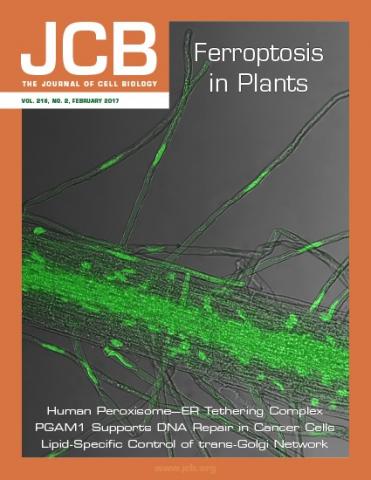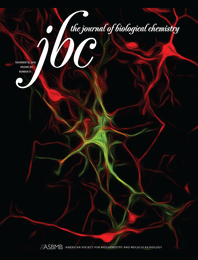 A researcher in Switzerland has retracted her 2015 paper in the Journal of Cell Biology, saying the first author — her former postdoc — admitted to fabricating multiple aspects of the paper.
A researcher in Switzerland has retracted her 2015 paper in the Journal of Cell Biology, saying the first author — her former postdoc — admitted to fabricating multiple aspects of the paper.
After Sophie Martin of the University of Lausanne couldn’t reproduce the data from another manuscript she was preparing to submit, she contacted her former student, Pranav Ullal, who admitted he had fabricated the data, along with two figures in the JCB paper.
A spokesperson for the University of Lausanne told us that Ullal left Switzerland after his contract was over, and is now in India.
Martin told us the whole experience has been upsetting:
Continue reading Former postdoc admitted to fraud in cell bio paper, lead author says
 In November, a vice president at an institution in Taiwan
In November, a vice president at an institution in Taiwan 



